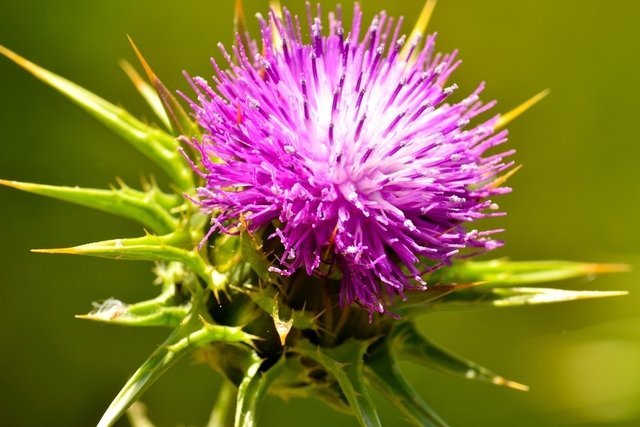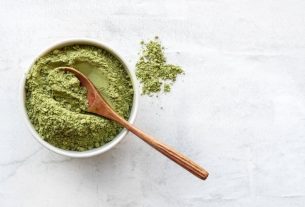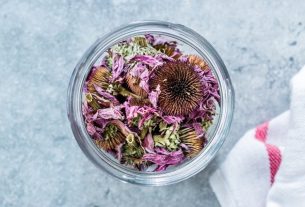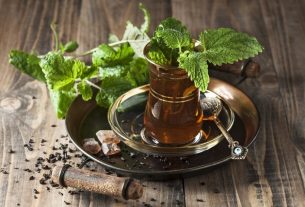Milk thistle is a medicinal plant of the species Silybum marianumindicated to help in the treatment of liver problems, such as fatty liver, jaundice or hepatitis, for example, as it is rich in substances, especially silymarin and silybin, with a powerful antioxidant effect that can help promote the regeneration of liver cells and reduce your inflammation.
The normally used parts of this medicinal plant, which is also known as milk thistle or Santa Maria thistle, are the fruits from which substances with medicinal properties are extracted for the preparation of tea or capsules.
Milk thistle can be found in health food stores, compounding pharmacies and some street markets, and should be used with medical advice or from a professional specialized in medicinal plants.
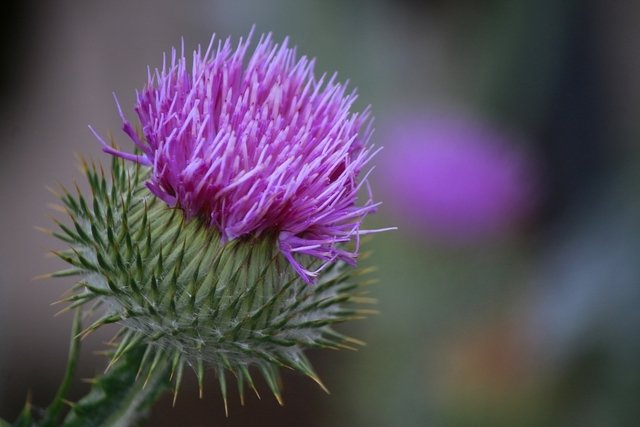
What is it for
Milk thistle is popularly recommended for:
- Fatty liver;
- Hepatitis viral;
- Jaundice;
- Cirrhosis;
- Fibrosis in the liver;
- Poisoning by poisonous mushrooms;
- Liver damage caused by medication or alcohol;
- High ferritin in the blood;
- Alzheimer;
- Parkinson’s disease;
- Depression and anxiety;
- Multiple sclerosis;
- Diabetes mellitus type 2;
- Metabolic syndrome;
- Fungal infections, caused by Candida albicans;
- Increase milk production during breastfeeding.
Milk thistle has anti-inflammatory, antimicrobial, antidiabetic, neuroprotective, liver and cardiovascular system protective properties, especially due to the substances present in its composition, such as silymarin, silybin, isosilybin, silycristin, dihydrosilybin and silydianin.
In addition, milk thistle has astringent properties, which facilitate digestion and stimulate appetite, which alleviate some of the symptoms of fatty liver such as loss of appetite, nausea and vomiting. Check out all the symptoms of liver problems.
Some studies (1) (2) showed that milk thistle can also decrease the proliferation or induce death of a variety of cancer cells, including stomach, prostate, liver, colorectal, bladder cancer, melanoma and leukemia, for example. However, studies in humans are still needed to prove this benefit.
See how to prepare this natural remedy to increase breast milk production.
How to make tea
Milk thistle tea should be prepared with the fruits of this medicinal plant, and used to complement the treatment recommended by the doctor for fatty liver, and should be accompanied by exercise and diet, in addition to avoiding smoking and drinking alcoholic beverages. See other home remedies for fatty liver.
Ingredients
- 1 teaspoon of milk thistle fruits;
- 1 cup of boiling water.
Preparation mode
Add the milk thistle fruits to the cup of boiling water. Let it rest for 15 minutes, strain and drink 3 to 4 cups a day, 30 minutes before meals.
Furthermore, milk thistle can also be found in the form of capsules or tablets, and is more often associated with other plants such as artichoke or boldo, which also have an excellent liver regeneration effect. The recommended capsule dose is generally between 1 and 5 g, and it is advisable to consult a naturopath or herbalist to adapt it to each case.
Possible side effects
Milk thistle is considered safe, however, when used in doses greater than those recommended, it can cause side effects such as stomach irritation, burns to the gastric mucosa, diarrhea, vomiting and nausea.
Furthermore, milk thistle, due to its antidiabetic properties, can greatly reduce blood sugar levels, and cause hypoglycemia, which can be perceived through symptoms such as tremor, weakness, cold sweat, pale skin, blurred vision, heart palpitation, chest pain, mental confusion, difficulty speaking or drowsiness. Know how to identify the symptoms of hypoglycemia.
Milk thistle can also cause allergic reactions, especially in people who are allergic to this plant or allergic to chrysanthemum, daisy, marigold, artichoke or kiwi, for example.
Who shouldn’t use
Milk thistle should not be used by children, pregnant women, or people who have high blood pressure, kidney problems, bile duct obstruction, or gastric problems, such as gastritis or ulcers, for example.
During breastfeeding, milk thistle should only be used if indicated by your doctor. This is because although it has been identified that this plant increases the production of breast milk and none of the substances are found in milk, more studies are still needed to, in fact, confirm that its consumption does not pose a risk to the mother or the baby. .
Milk thistle should also not be used by people who have cancer that depends on estrogen for its growth, such as breast or ovarian cancer, as it has estrogenic action.

Sign up for our newsletter and stay up to date with exclusive news
that can transform your routine!
Warning: Undefined array key "title" in /home/storelat/public_html/wp-content/plugins/link-whisper-premium/templates/frontend/related-posts.php on line 12
Warning: Undefined array key "title_tag" in /home/storelat/public_html/wp-content/plugins/link-whisper-premium/templates/frontend/related-posts.php on line 13

